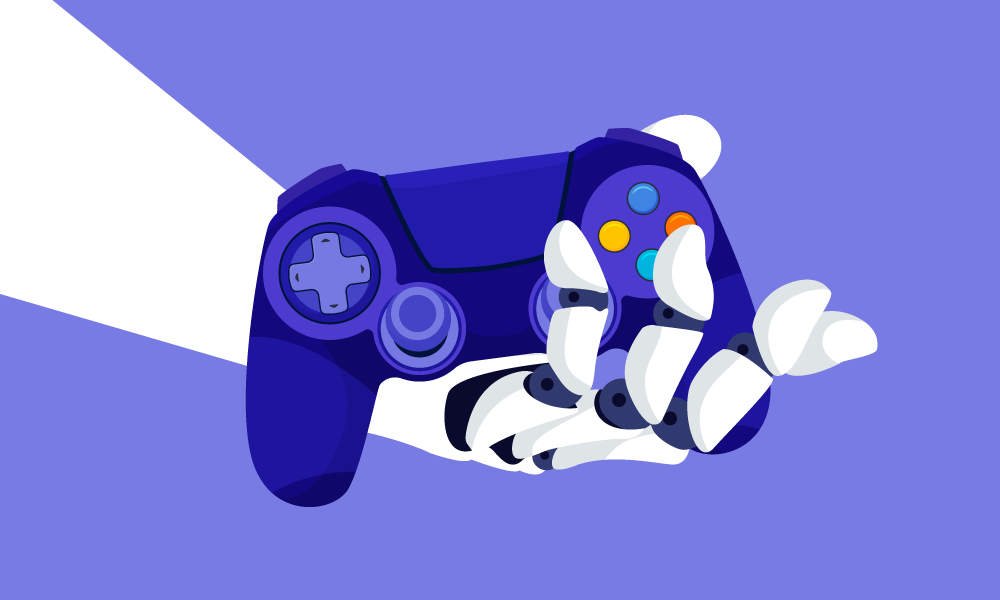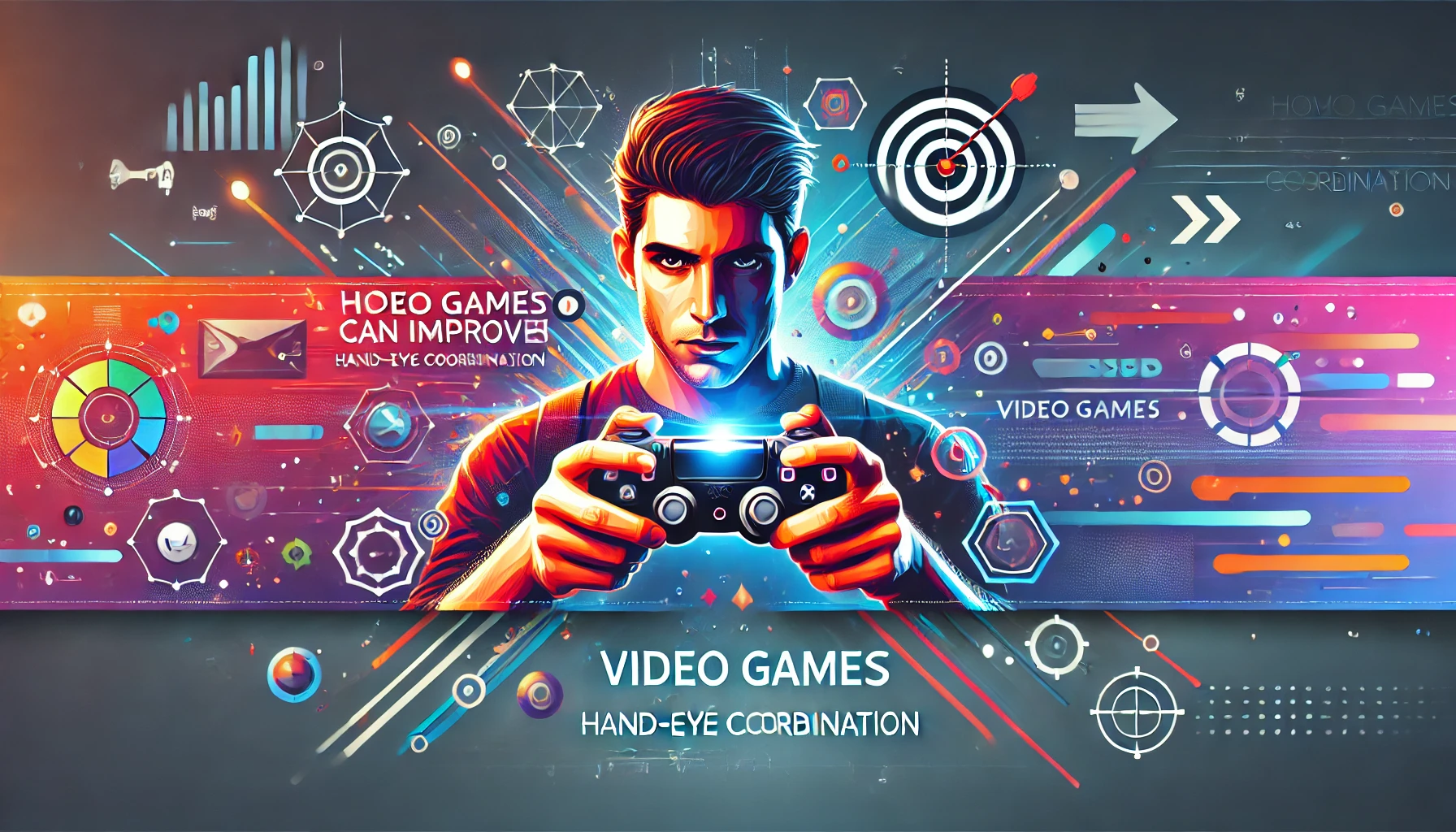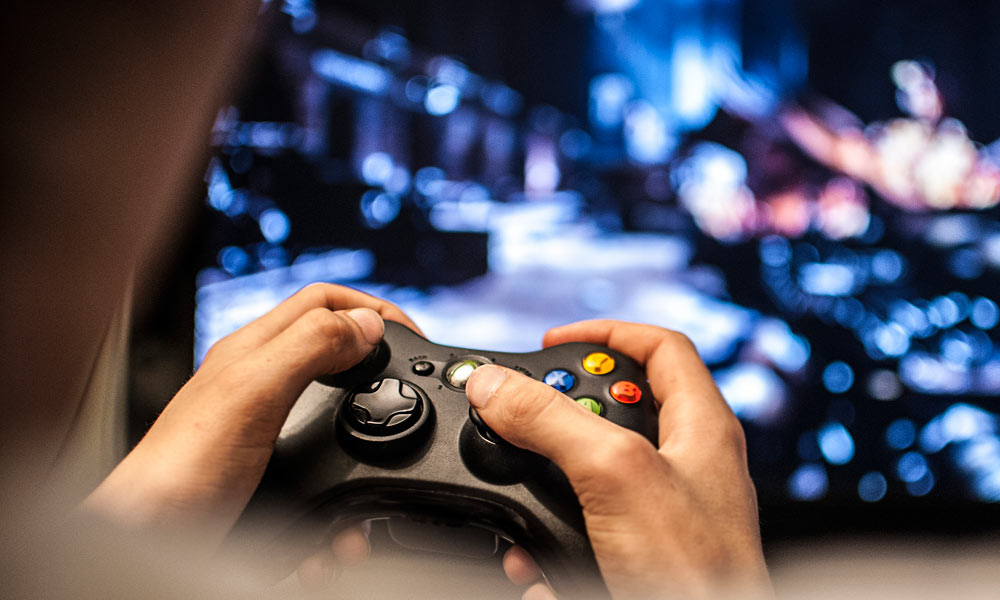Artificial Intelligence has undoubtedly transformed the gaming landscape, making games more immersive, dynamic, and enjoyable. From intelligent NPCs and procedurally generated content to personalized experiences and adaptive storytelling, AI has become an indispensable tool for game developers. As AI technology continues to advance, we can expect even more remarkable innovations that will further enrich the gaming world and redefine the way players engage with virtual realities. The future of gaming is undeniably intertwined with the power of AI, promising an exciting journey ahead for both developers and gamers alike.
The Role of AI in Gaming
AI-Powered NPCs (Non-Playable Characters)
AI has significantly improved the behavior and responsiveness of NPCs in video games. Gone are the days of predictable and repetitive enemy movements. With AI, NPCs can now adapt to players’ actions, making in-game interactions more challenging and realistic. AI-driven NPCs can learn from player patterns, making them smarter opponents, and adding an element of surprise and excitement to the gameplay.
Procedural Content Generation
AI algorithms have made it possible to generate vast and diverse game worlds through procedural content generation. This technology allows game developers to create expansive environments, levels, and assets on-the-fly, reducing development time and increasing the replayability of games. As a result, players can explore ever-changing virtual realms that feel fresh and new with each playthrough.
Personalized Gaming Experience
AI enables game developers to understand players better and tailor the gaming experience to suit individual preferences. By analyzing player behavior, AI can offer personalized challenges, recommend suitable in-game items, and even adjust difficulty levels in real-time. This level of personalization enhances player engagement and satisfaction, ensuring they remain invested in the game for longer periods.
AI-Driven Storytelling
Gone are the days of linear storytelling in games. AI-driven narratives adapt to players’ decisions, creating branching storylines that evolve based on in-game choices. This approach adds depth and complexity to the gaming experience, making players feel more connected to the virtual world and its characters. Players become active participants in shaping the game’s outcome, leading to multiple possible endings and an overall more immersive storytelling experience.
Enemy AI Behavior
AI has redefined enemy behavior in games, allowing developers to create opponents that appear more lifelike and strategic. Intelligent AI adversaries can analyze the player’s tactics, exploit weaknesses, and collaborate with other NPCs, presenting players with formidable challenges. This evolution in AI enemy behavior brings a new level of excitement and thrill to gameplay, pushing players to think creatively to overcome their virtual foes.
AI in Virtual Reality (VR) and Augmented Reality (AR) Gaming
The integration of AI in VR and AR gaming takes immersion to the next level. AI can enhance the realism of virtual environments, simulate natural interactions, and enable more responsive interactions with virtual objects. Additionally, AI-driven computer vision techniques help in better object recognition and tracking, enhancing AR experiences.
AI for Game Testing and Quality Assurance
AI algorithms can be employed for automated testing and quality assurance during game development. AI-driven testing tools can simulate human gameplay, helping developers identify bugs, glitches, and imbalances in the game mechanics more efficiently. This not only saves time and resources but also ensures a more polished and stable final product.
AI-generated Game Assets and Graphics
Creating high-quality game assets and graphics is a time-consuming process. AI can be used to assist in generating textures, character models, landscapes, and even realistic animations. Style transfer and deep learning techniques allow AI to produce stunning visuals, reducing the burden on artists and accelerating the game development process.
AI in Game Design and Balancing
Game design is a crucial aspect of creating an engaging and enjoyable gaming experience. AI can analyze player data and feedback to aid in game design decisions, such as level layout, item placement, and difficulty scaling. By understanding player behavior, AI can help strike a balance between challenge and entertainment, leading to a more satisfying gameplay experience.
AI-assisted Game Creation
AI-powered tools can aid game developers in creating new game ideas and prototypes. By analyzing existing games and player preferences, AI algorithms can offer suggestions for innovative gameplay mechanics, story elements, and unique features. This collaborative approach between developers and AI sparks creativity and fosters the creation of groundbreaking gaming experiences.
AI in In-Game Voice Assistants
In-game voice assistants driven by AI, similar to virtual assistants like Siri or Alexa, are becoming more common. These AI companions can provide players with real-time guidance, answer questions, and perform in-game tasks, making the gaming experience more intuitive and immersive.
AI in Player Behavior Analysis
AI algorithms can analyze player behavior to gain insights into player engagement and preferences. This data can be used to optimize game mechanics, understand player retention patterns, and tailor in-game advertisements or microtransactions for a more personalized experience.
AI-powered Anti-Cheat Systems
Cheating in online multiplayer games is a persistent issue that affects the overall gameplay experience. AI can be employed to detect and combat cheating behaviors effectively. Machine learning models can analyze player data in real-time, identify suspicious patterns, and implement appropriate countermeasures to maintain a fair and competitive gaming environment.
Conclusion
The integration of AI in gaming has transformed the industry in various ways, from enhancing game mechanics and graphics to enabling personalized experiences and more efficient development processes. As AI technology continues to evolve, we can expect even more groundbreaking innovations that will shape the future of gaming, making it more immersive, interactive, and captivating than ever before. The synergy between human creativity and AI’s analytical prowess promises an exciting future for gamers and game developers alike.




It is beneficial information for us. Thank you so much for this amazing and very nice explanation on this topic. I like your efforts and writing on this topic. Good job!